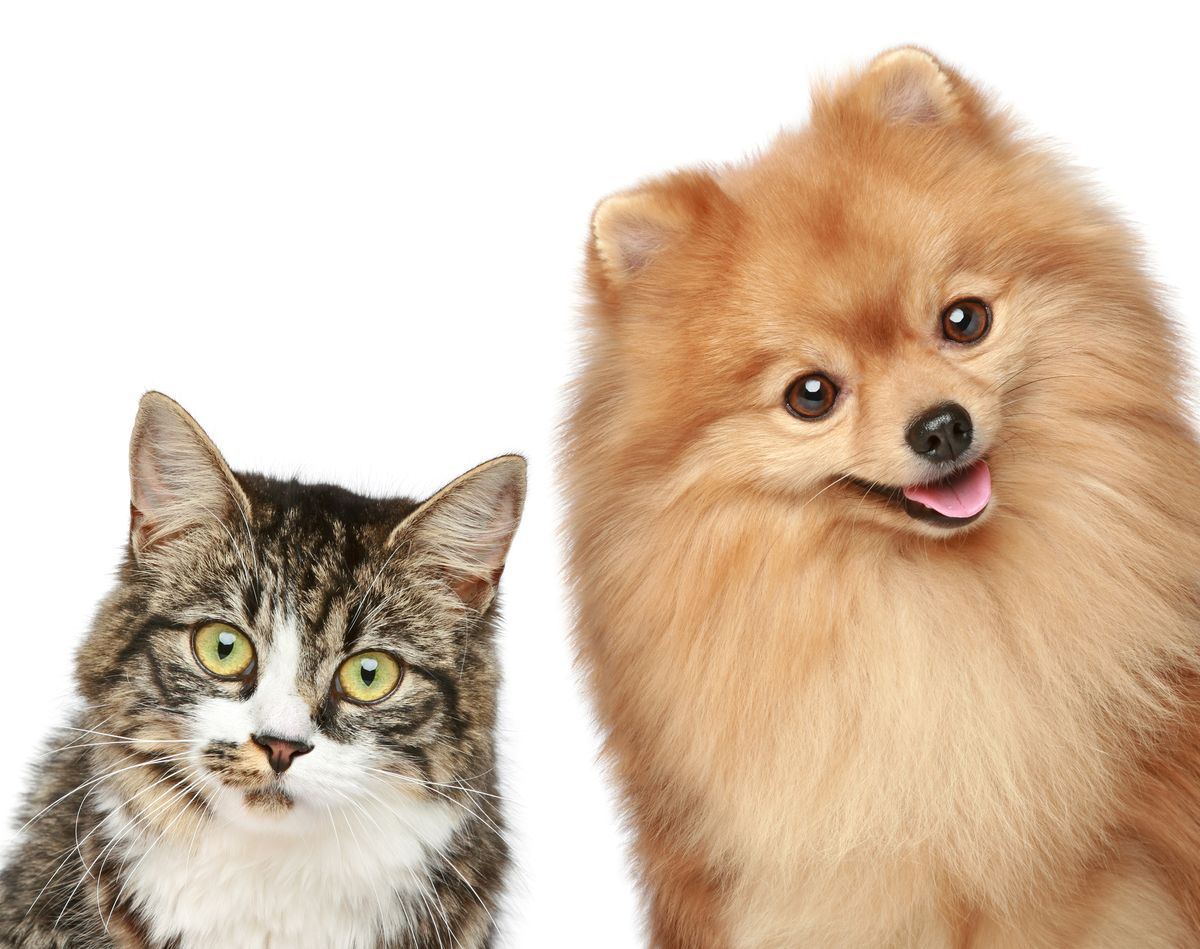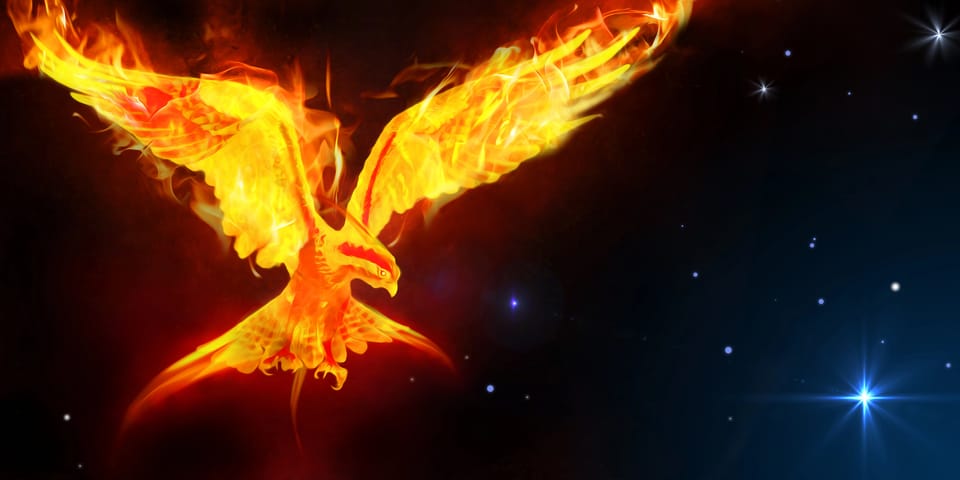Not All of Us Extroverts Are Rude, Shallow, and Dumb
It’s time to clear away the stereotypes about extroverts

So many stereotypes exist about extroverts and introverts.
Not all extroverts like loud music, drinking alcohol, dancing with countless strangers, or making small talk for hours. Just as not all introverts enjoy reading books or being alone for long periods of time.
I’m not making that last one up, by the way. I do know some people who describe themselves as introverts yet hate reading books and dread being alone.
My mother is one of them. She hates being alone and is essentially a social butterfly. And she detests books. Socializing does drain her, though, and she needs to think before she speaks. So she complains that her extrovert friends talk too fast for her to keep up with.
Extroverts tend to think out loud rather than figuring out what they want to say first. That’s me. I often start speaking even when my thoughts are still half-formed. Somehow, like magic, this half-formed thought will turn into some coherent, even deeper argument by the time I’ve finished my speech.
Extroverts Who Break the Stereotypes
On the contrary, there are bookish extroverts who appreciate time alone. My dad is like that. He’s even more of a bookworm than me. He wants solo time to work on his projects or be quiet with his book. Yet, he still scored as an extrovert on the Myers-Briggs scale.
The Myers-Briggs (aka MBTI) is a personality test that psychologists and career counselors often use. The MBTI measures four scales of personality traits: extroversion vs introversion, intuiting vs sensing, feeling vs thinking, and perceiving vs judging. But we’ll only talk about the extroversion-introversion scale in this article.
I’m an extrovert who breaks the stereotype, too. For one, I’m passionate about writing and reading. I identify as a writer. I respect other people’s need for free space, just as I also ask that others leave me alone when I want to work, write, read, or just need some time by myself.
Yet, I’m still an extrovert. I get energized by socializing and suffer when I go too long without interpersonal contact. I’m also able to talk to people, including strangers, with relative ease. It doesn’t mean I never get shy, make social blunders, or have trouble thinking of what to talk about. But in general, I feel fairly comfortable speaking to people, whether face-to-face or online.
It’s cooler to be an introvert in my social circle
In my personal circles, it’s much more socially acceptable to be an introvert. Many extroverts would rather stay quiet about themselves. I don’t want to be seen as loud and brash and stupid, like in the stereotype of extroverts.
Plus, many introverts are able to socialize well, even party, though whether they enjoy it or not is a different matter.
I have many friends who are super outgoing, chatty, and popular, the very picture of an extrovert. But when you ask them, they reveal that they are actually an introvert, that socializing drains them and they need to be alone to recharge. They may love people and enjoy talking to them, though.
While an extrovert may feel drained by prolonged time alone, we could still be passionate about reading and writing, which are solitary activities.
I do feel the energy drain and sometimes even get sleepy when I write or read. While anyone can get sleepy from reading and writing during the low points of their day (e.g. in the morning for night owls), I seem to feel this extra intensely.
Once, I told an introvert friend that, though I was passionate about writing my novels, I get sleepy very easily. I was amazed when she told me that writing doesn’t make her sleepy!
But this doesn’t make me any less devoted as a writer and reader. In fact, I’d argue that my perseverance, even in the face of so much fatigue and sleepiness, proves just how much I love reading and writing.
But are you really an extrovert?
Here’s a popular definition of the personality trait: extroverts generally gain energy from social interactions, and lose energy from being alone. Introverts tend to lose energy during social interactions, and gain energy when they’re alone.
Extroversion and introversion are on a continuum, rather than an absolute, either this or that trait.
You could also be an “ambivert,” which means you are somewhere in between extrovert and introvert.
In fact, Devon Price argues that we’re probably neither an extrovert nor introvert. We may crave alone time and quiet, yet also want to go out with friends. We may enjoy chatting with people, yet still want to curl up with a book in the library.
Devon points out that giving yourself the label of extrovert or introvert, may even limit you and make you neglect some of your needs that are not covered by the stereotype. He called himself an introvert and didn’t realize until deep into the pandemic, just how much he desired social contact, that he got very depressed in his self-isolation.
In the same vein, I called myself an extrovert. But lately, I realized that even I want to be alone sometimes, both from in-person and online chats.
Are you an extrovert or an ambivert?
It depends on how you draw the scale.
Let’s say, on a scale from 0 to 10, that 0 is the most extreme introvert, while 10 is the most extreme extrovert. 5 is perfectly equal, an ambivert.
But where do you draw the line between ambivert and extrovert? (And between ambivert and introvert?) You could say that ambivert is only at 5, though that sounds like a narrow definition to me.
I’m probably around 7–8, which I see as extrovert or “moderate extrovert,” but others may see this as ambivert.
The key is that I generally feel energized by social interactions, and drained by extended solitude, no matter how much I enjoy the solo activity, such as reading and writing.
Read Part Two of my series on breaking stereotypes about extroverts.
This series was inspired by Mona Lazar’s article, “Dear Extroverts, It’s Not Your Job to Fix Introverts. We’re Good, Thank You”. She is a life and relationship coach as well as an introvert.
Originally published on QuickTalk on Aug 20, 2022



